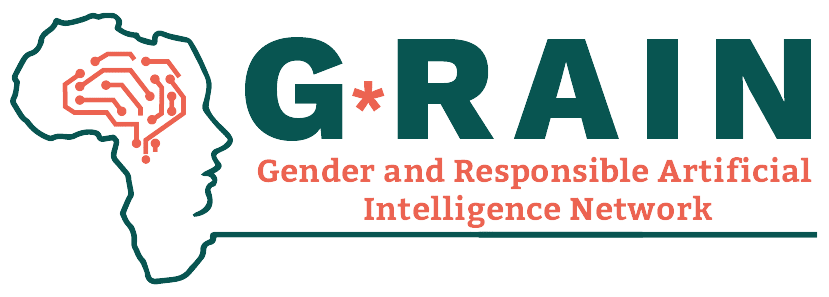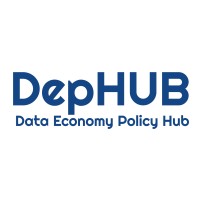Aim of the project
The project aims to explore the use of AI to reduce food waste at different stages of South Africa's food supply chains.
Project summary
Food waste is a systemic problem that occurs at every stage of the food supply chain, from farm and field to plate. It not only poses the problem of entrenched food insecurity, poverty and inequality in South Africa, but also exacerbates climate change, pollution and biodiversity loss. There are proposals that the deployment of data-driven systems, such as artificial intelligence (AI), can boost resource efficiency (RE) and support the transition to systems that minimise food waste at different points in the food supply chain. However, most of these proposals are only socio-technical imaginaries from the global North and do not illuminate the risks and harms of deploying data-driven technologies in the global South and/or in existing inequitable ecosystems that discriminate against women. Actively integrating an intersectional gender-inclusive perspective, this case study will explore the use of AI to reduce food waste at different points in South Africa's food supply chains.
Project sponsor
Shamira Ahmed
Project implementation zone
South Africa, Namibia, Botswana
About DepHUB
The Data Economy Policy Hub (DepHUB) is the first independent think tank founded by an indigenous African woman in South Africa.
DepHUB's main objectives are to undertake rigorous policy-oriented research and to contribute to the formulation of evidence-based and forward-looking policies that take advantage of the multidimensional aspects of data and Responsible AI for Inclusive Sustainable Development (AI4SD) in Sub-Saharan Africa (SSA).
DepHUB provides rigorous market research, public policy analysis, technical capacity building and consultancy services on the data-driven digital economy in sub-Saharan Africa.
DepHUB is a not-for-profit organisation based in Johannesburg, South Africa, with a pan-African footprint. DepHUB is a founding partner of the South African AI Association (SAAIA) and a member of the Civil Society and Academic Advisory Group (CSAAG) of the Digital Hub for Development (D4D).
Not that long ago, people lived and functioned in tight communities. Every vendor knew their customers personally and could make...
This Machine Learning Glossary aims to briefly introduce the most important Machine Learning terms - both for the commercially and...





